How the pandemic is changing hotel design
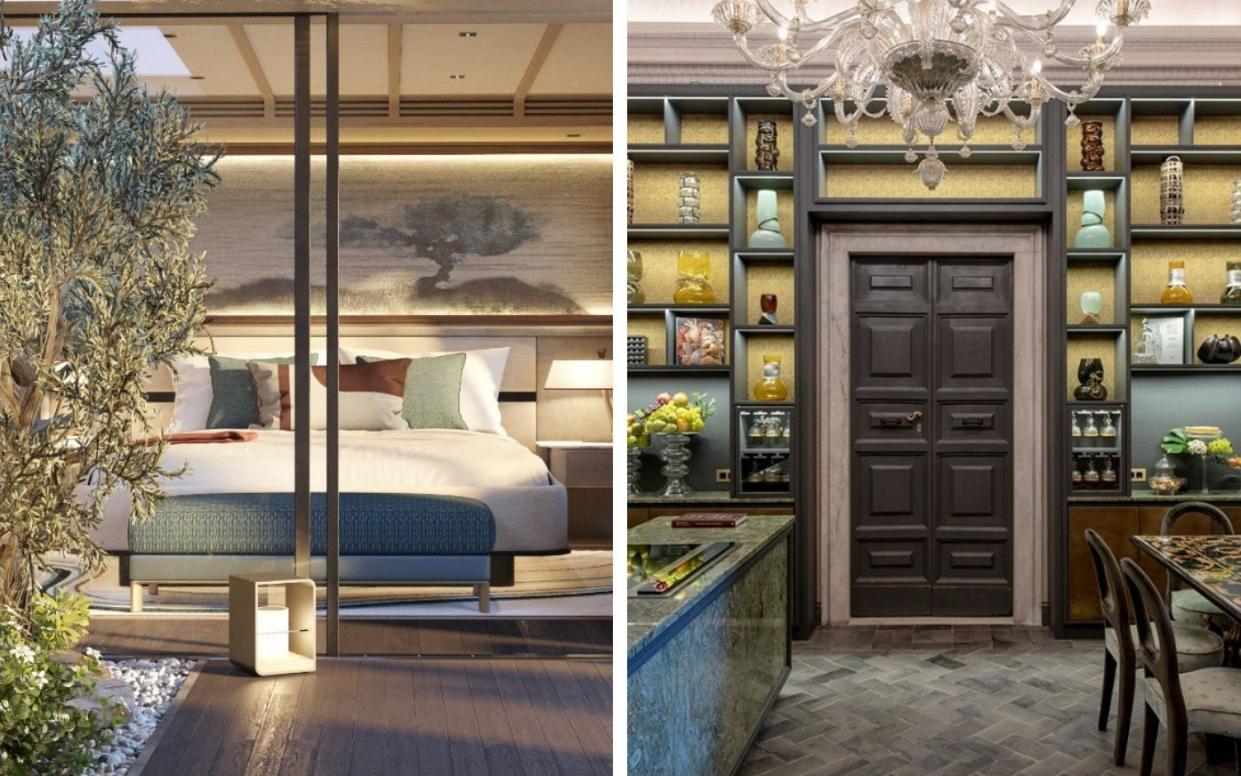
Forget labels about disinfection measures, the pandemic has changed what we want from hotel rooms in more profound ways, says top designer Francesca Muzio, creator of Shangri-La’s signature suites at The Shard. It’s all about the psychological effects of lockdown and a shift in what we value and how we work.
“I think Covid in some ways is an opportunity for designers, for creative people, for rethinking our lives and understanding what is important,” explains Francesca, who co-founded Italy-based FM Architettura. The studio specialises in creating interiors for hotels, superyachts and residences. Besides working with Shangri-La and Mandarin Oriental hotel groups it recently started on NJORD, a superyacht for a globetrotting retirement community.
Here are the hospitality design trends Francesca believes we’ll be seeing more of in the coming years.
The revival of the loggia
With little for us to do beyond our homes but walk, reconnecting with nature became one of the positives of lockdown and FM Architettura has received several requests for designs reflecting this shift. When Francesca and her team were asked to enhance the link with the outdoors in Shangri-La’s Aurelia Residences in the Philippines, they played with the layout to revive a piece of heritage architecture.
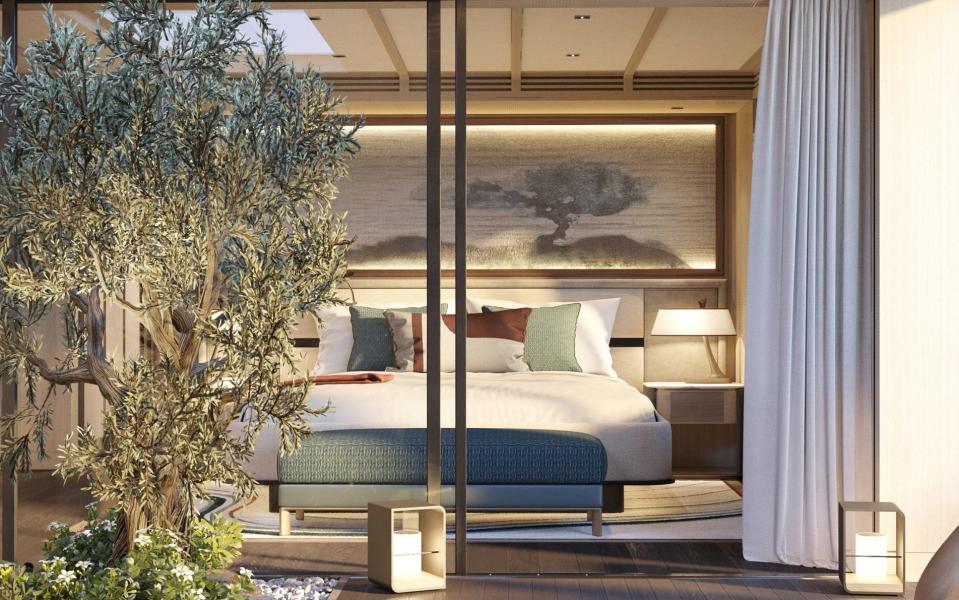
“In Italy we had a lot of areas in the past that were called verandas [or] loggias. So we wanted this loggia to be not just a terrace, we started to connect the different rooms and ambiences facing onto the loggia, and to give big importance to this area,” she explains.
“It's an in-and-out area that is covered but on the other side gives you fresh air and it also gives you the possibility to hide away. This year it started to really explode in several of our projects and we started to do it in hotels, on yachts… because nature’s very important and we find today people really need to breathe and be free.”
The death of bling
Just as we’ve become used to wearing less restrictive clothes, lockdown has also made us value comfort in our living spaces. We’ll want this too when we travel, Francesca believes, so expect hotel rooms with softer furnishings, furniture on which to lounge and homely touches.
“Elegant, comfortable, cosy – all these words came out during the pandemic because before people wanted extra, they wanted super-luxury, they wanted super-shiny, they wanted super-bling. Today we understand that something beautiful or too rigid maybe looks fantastic but is not cosy, social or comfortable.”
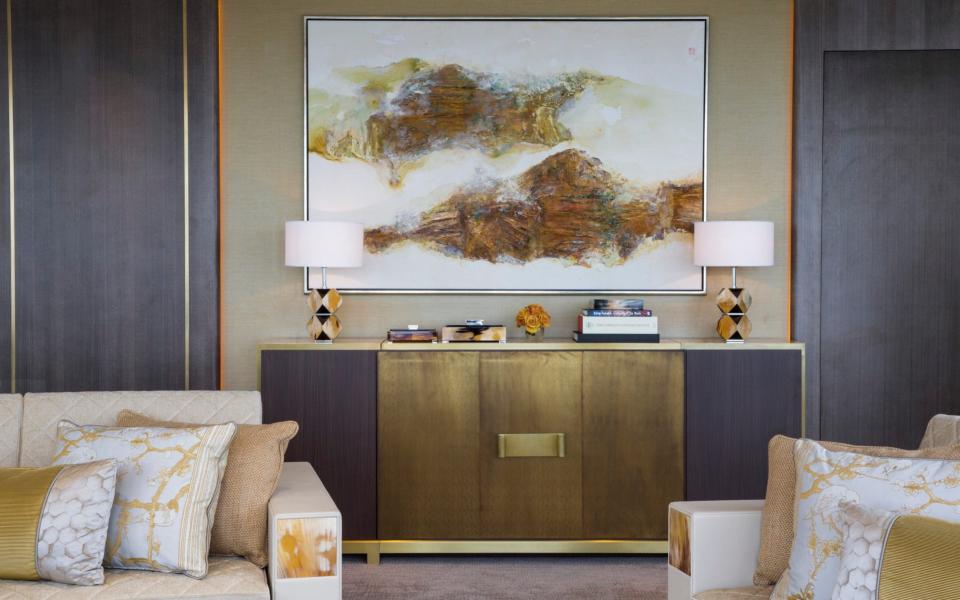
Francesca also expects that, post-pandemic, the need for ‘digital detox’ will increasingly influence interiors: “Technology is really taking away our privacy, invading our lives, so today many clients want to find the right balance, they want to insert into their home, yacht or hotel what they really need but they want to hide it into the architecture, to decide when they want to use it or not use it.”
A greater sense of place
We’ve been missing travel and the stimulation of new places, which could mean the tide finally turning on cookie-cutter rooms. “I think the era of the super-nice hotel that can be in any place in the world [...] is gone,” says Francesca. “I think today what they’re looking for is storytelling that tells them the cultural background and also the sense of place.”
Francesca believes such authenticity comes from reconnecting with local artisans. Her own studio is deliberately based among the arts and craft villages of Italy’s Le Marche region. When designing palatial rental apartment Holy Deer San Lorenzo City Lodge in Rome, for instance, she commissioned ceramic petals and tailored fabric panels for the walls and floor tiles handmade by an antique technique.
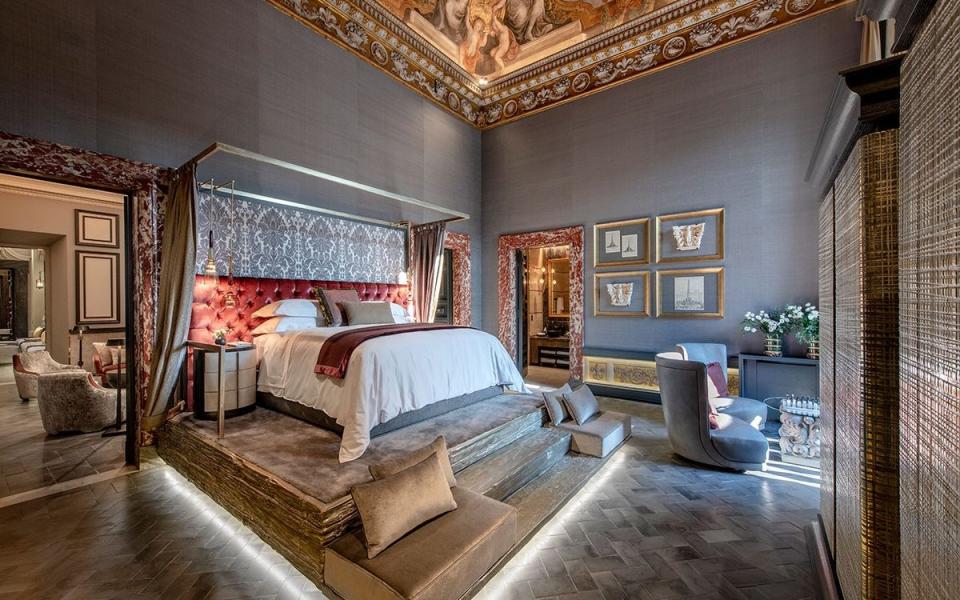
Hotels have also been requesting that their physical surroundings be reflected in their interiors with organic shapes and natural materials that are, crucially, sustainable. “That’s a big, big improvement from the pandemic,” Francesca says.
Flexible business and leisure mash-ups
A post-pandemic decline is expected in the frequency of short-stay business trips. This trend, coupled with the rise of the ‘workation’, as people have discovered they can work remotely for extended periods, could lead to more flexible urban hotels.
“We feel that the so-called business hotel and the holiday hotel in the cities will blur into each other and there will be a crossover between something for holidays and something that is a serviced apartment,” explains Francesca. “The hotels today will be more a place where you can stay one day, or you can stay one month.”
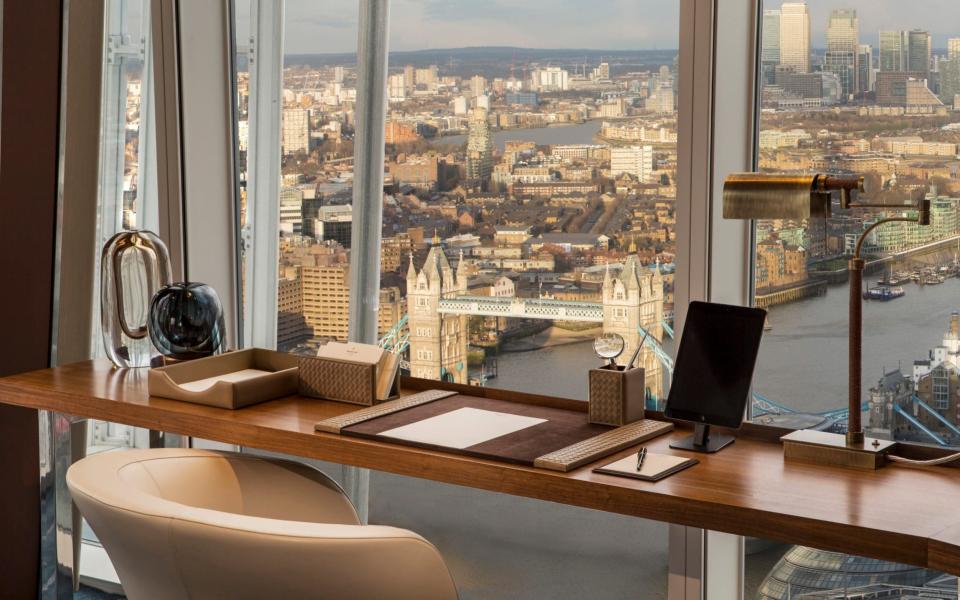
In-room facilities are likely to extend well beyond a kettle and ironing board in future, she adds, with kitchenettes becoming far more common. It’s a set up that also ties in well with travellers’ increased desire for cosy home comforts.
The rise of office aparthotels
Post-pandemic changes to our work-life balance could be even more fundamental. The enforced working from home of 2020-21 has caused some office-based companies to realise they can have happier employees and save cash by not demanding a full-time staff at their city headquarters.
Francesca agrees with commentators who predict the decentralisation of work, with wider teams based outside cities and visiting their head office for periods when necessary. She predicts the ‘residences’ we’re used to seeing within five-star hotels will become a feature of some city workplaces.
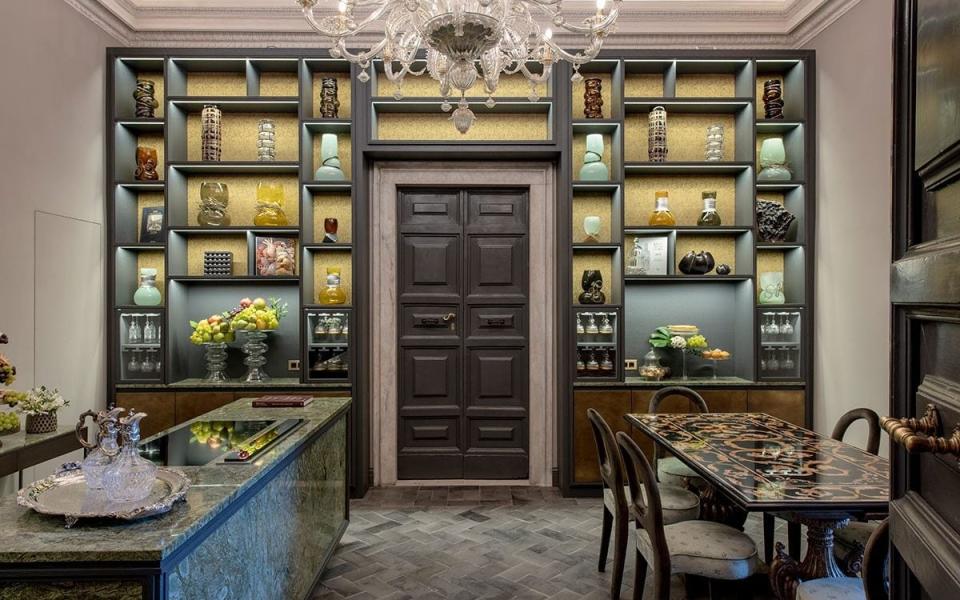
“Hotels are changing… what we are doing for example in Milan is an office tower with some residential apartments because maybe in the future the bigger corporations will move their managers for a few weeks and maybe their managers want to feel at home – not in a hotel room for three or four weeks – so it’s better to give them some studios or small apartments,” she explains. Pulling an all-nighter at the office could be a much more positive experience in future.
Read more: A complete guide to the best hotels in London

